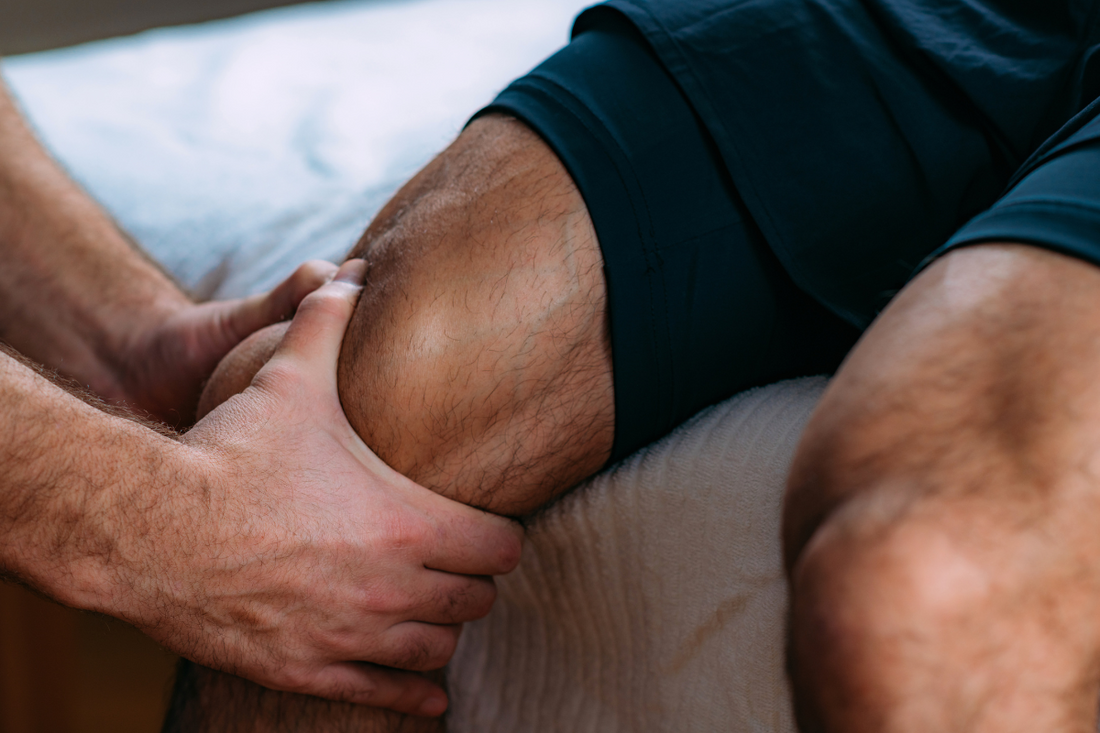
Maximizing Athletic Performance: The Comprehensive Guide to Recovery Strategies for High Performers
Share
Introduction
In the competitive world of sports, athletes are continually pushing their bodies to the brink in pursuit of peak performance. While intense training is crucial for improvement, the often-overlooked aspect of recovery plays a pivotal role in enhancing athletic prowess. In this extensive guide, we will delve into the multifaceted realm of recovery for athletes, exploring various strategies backed by evidence to optimize this vital component of their training regimen.
The Basics: Sleep and Nutrition
Quality sleep serves as the cornerstone of effective recovery. During sleep, the body undergoes essential processes such as muscle repair and the release of growth hormones, vital for recovery and muscle growth. Athletes should prioritize uninterrupted sleep, aiming for 7-9 hours nightly to support these physiological mechanisms.
Nutrition is equally paramount in replenishing energy stores and facilitating muscle recovery. Athletes must maintain a well-balanced diet comprising protein, carbohydrates, healthy fats, vitamins, and minerals. Adequate hydration further enhances recovery, ensuring optimal physiological functioning.
Active Recovery: Move to Improve
Incorporating active recovery into training programs can expedite the recovery process. Light exercises such as walking, swimming, or cycling enhance blood flow, facilitating the removal of metabolic byproducts from muscles. Athletes should schedule active recovery sessions strategically between intense training days to promote efficient recuperation without overloading their bodies.
Self-Care Techniques: Mind and Body Harmony
Mental and emotional well-being are integral components of recovery. Techniques such as meditation, mindfulness, and deep-breathing exercises can help athletes manage stress and promote relaxation. Achieving a balance between physical and mental recovery is essential for sustained peak performance.
Evidence-Based Tips for Athletes: Insights from Science
Cold Water Immersion emerges as a promising recovery modality, with studies indicating its efficacy in reducing muscle soreness and inflammation. Short sessions of cold water immersion post-workout offer athletes a tangible means to expedite recovery and alleviate post-exercise discomfort.
Compression Garments present another evidence-based tool for enhancing recovery. Supported by research, these garments optimize blood circulation, mitigating muscle fatigue and accelerating recovery processes. Incorporating compression gear during and after training sessions augments overall recovery efficacy.
Benefits of Heat Therapy in Training Programs
Heat therapy, encompassing methods like saunas and hot baths, has garnered attention for its potential benefits in recovery. By increasing blood flow and promoting the release of heat shock proteins, heat therapy contributes to improved muscle repair and flexibility. Athletes can strategically integrate heat therapy sessions into their training programs to complement existing recovery strategies and maximize performance gains.
Conclusion
In the pursuit of athletic excellence, recovery emerges as a non-negotiable facet of training. By prioritizing sleep, nutrition, active recovery, and self-care techniques, athletes lay the foundation for optimal physical and mental well-being. Evidence-based strategies, including cold water immersion, compression garments, and heat therapy, offer additional avenues to enhance recovery efficacy. Embracing a holistic approach to recovery empowers athletes to unlock their full potential and sustain long-term success in their respective sports.
